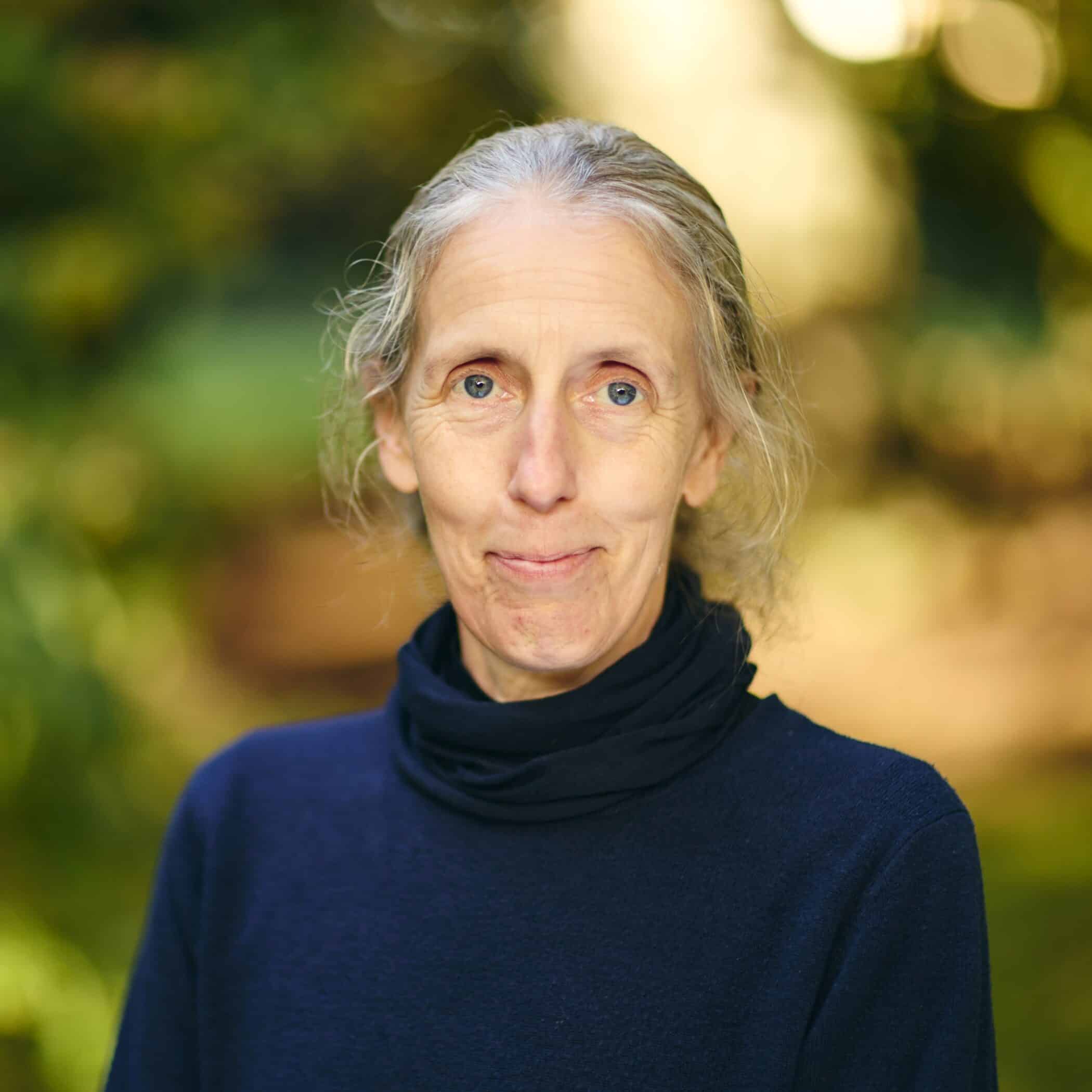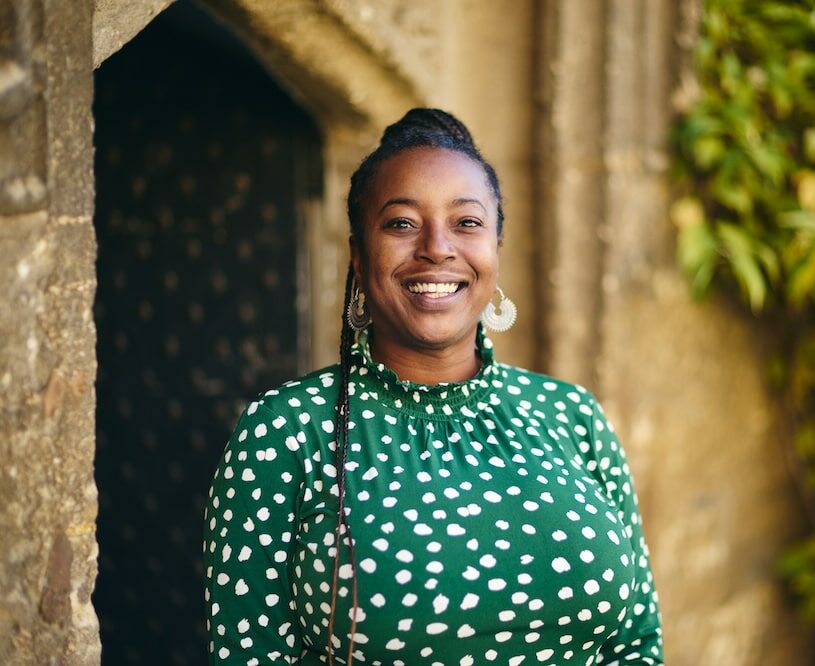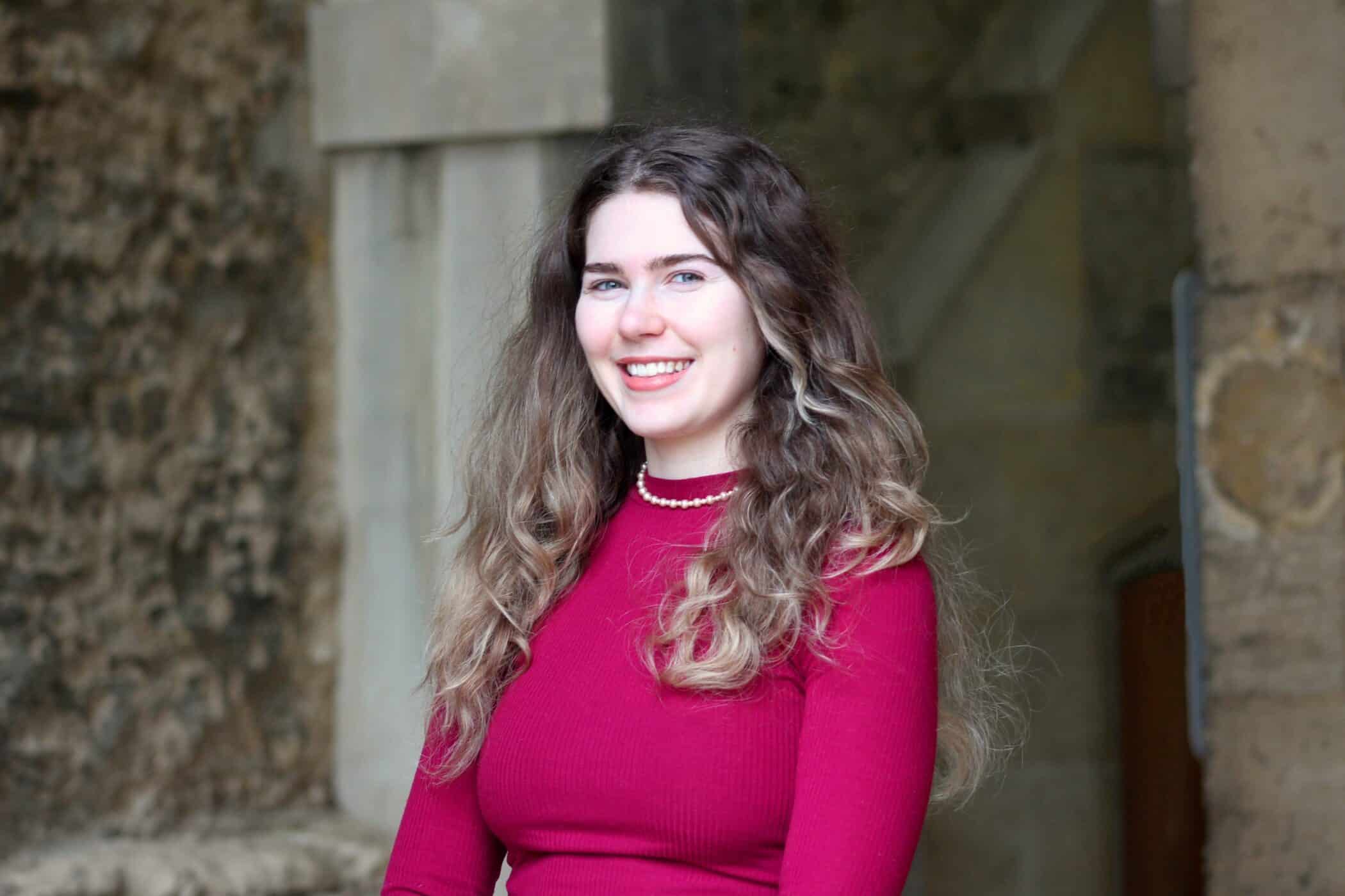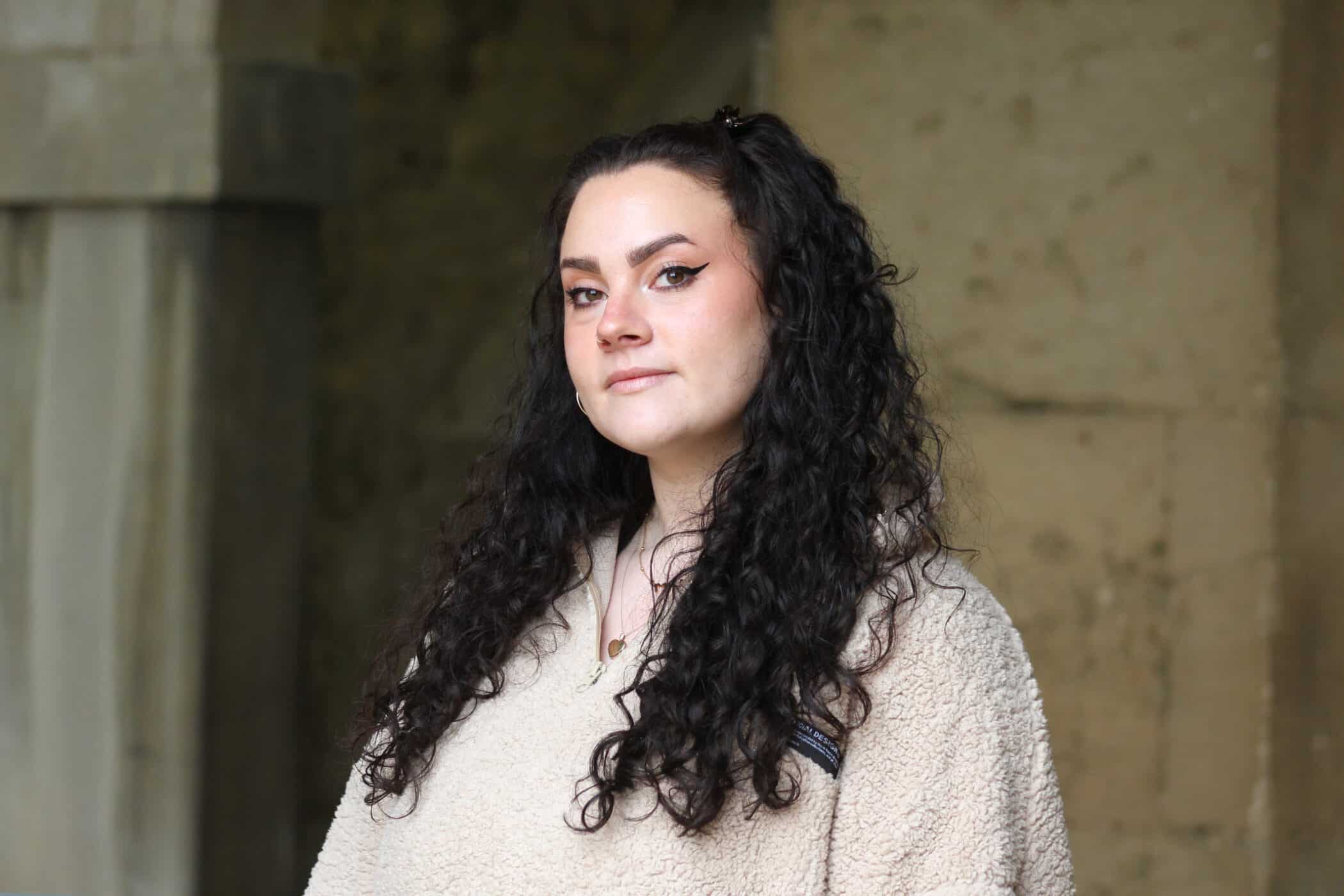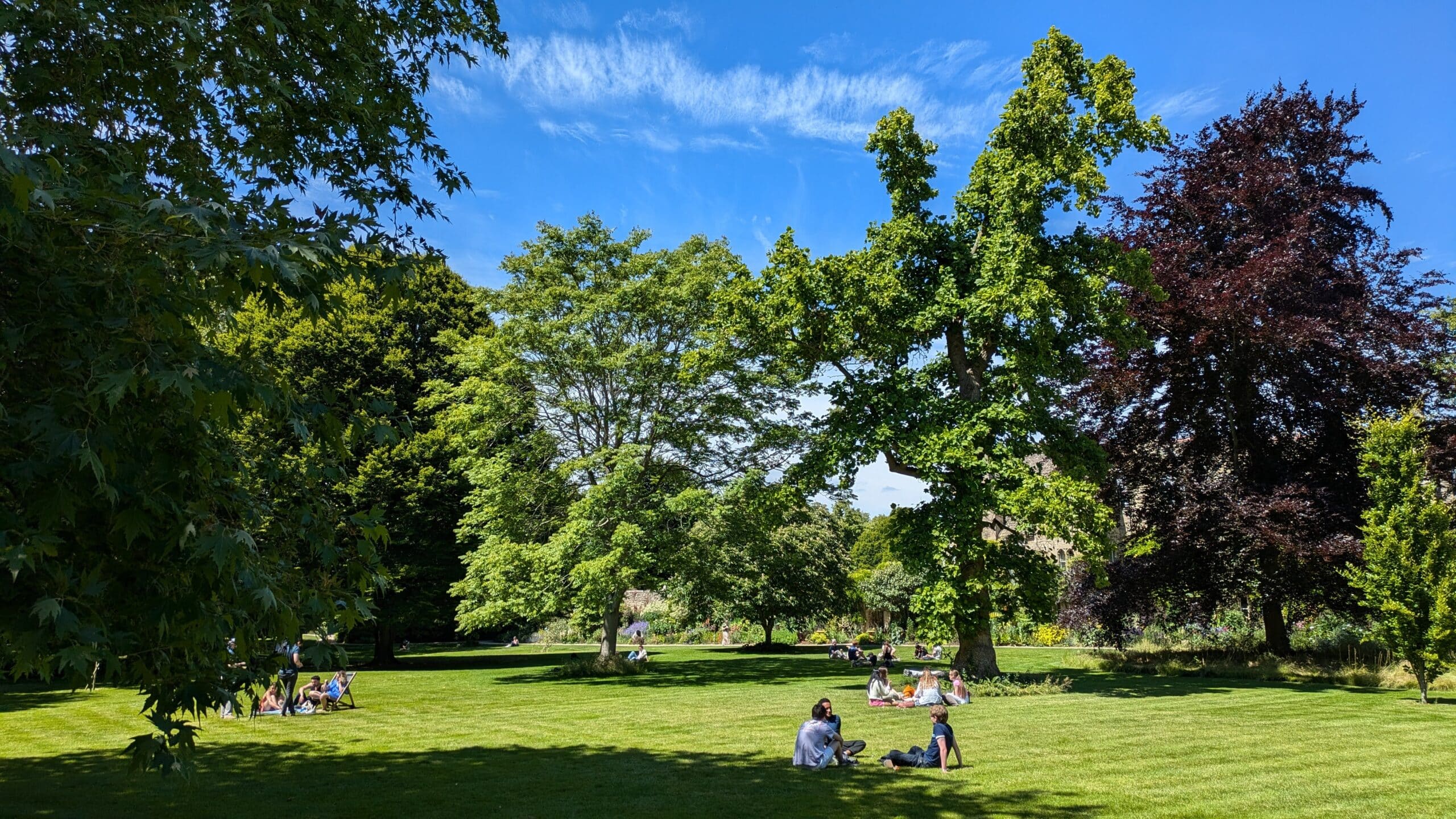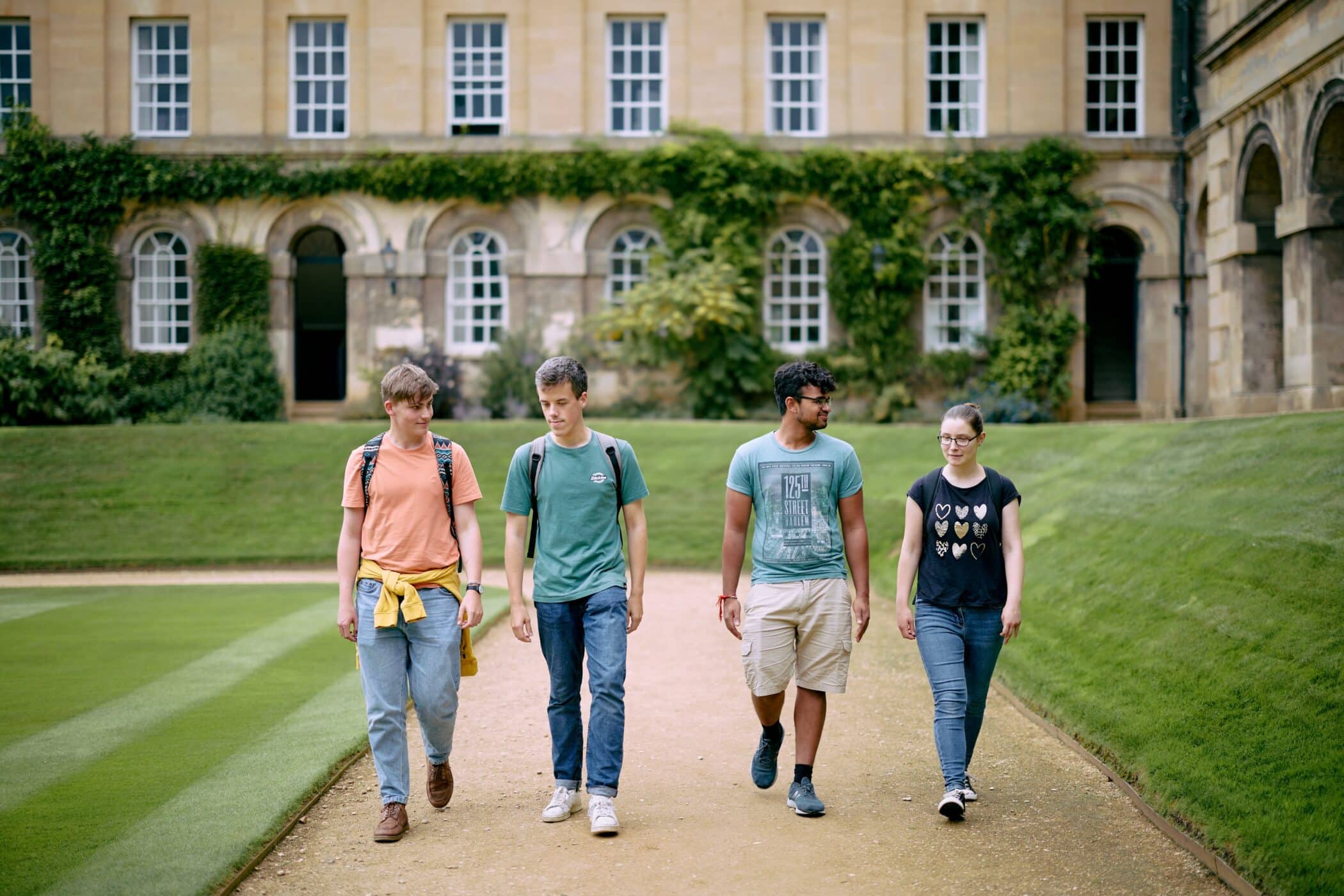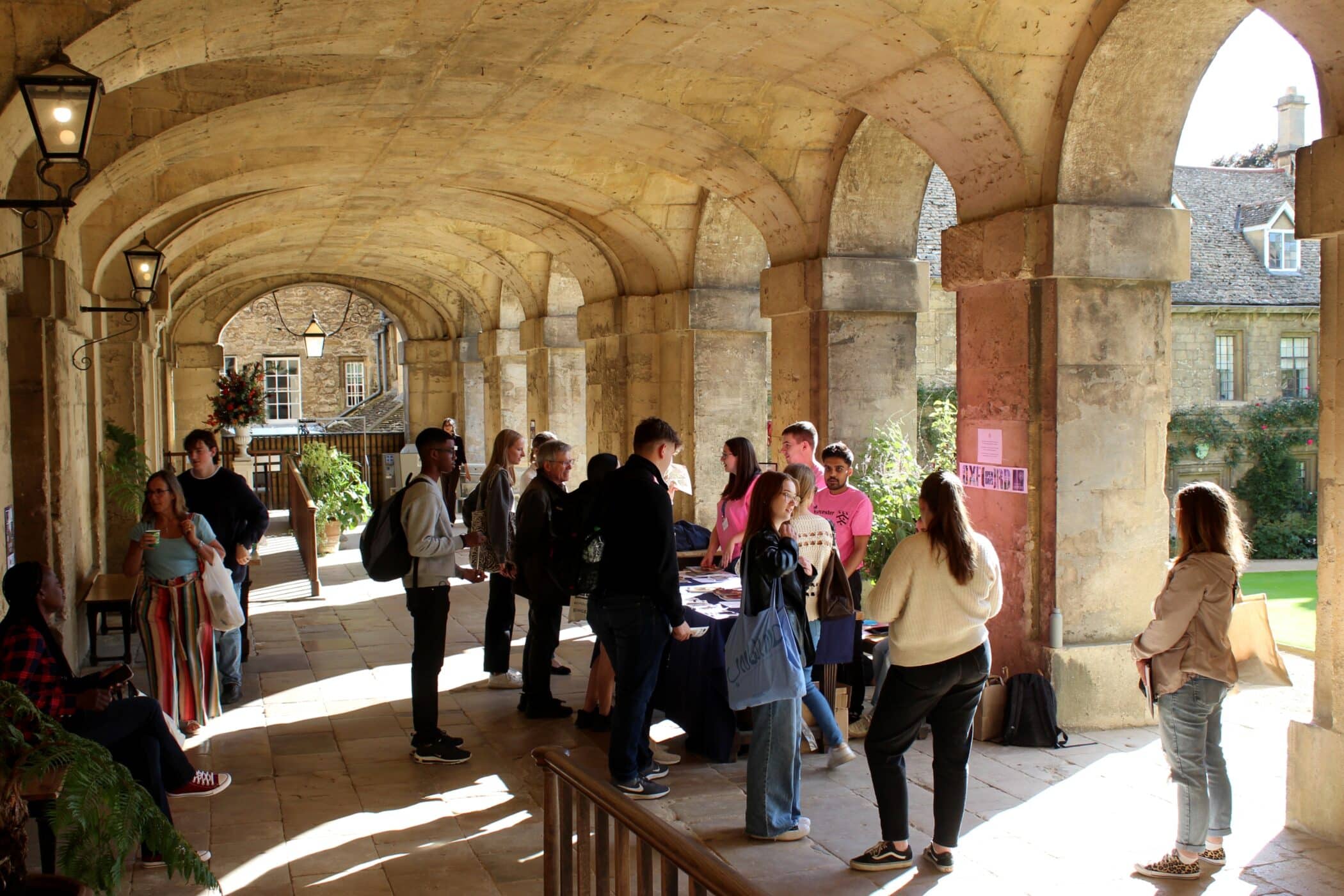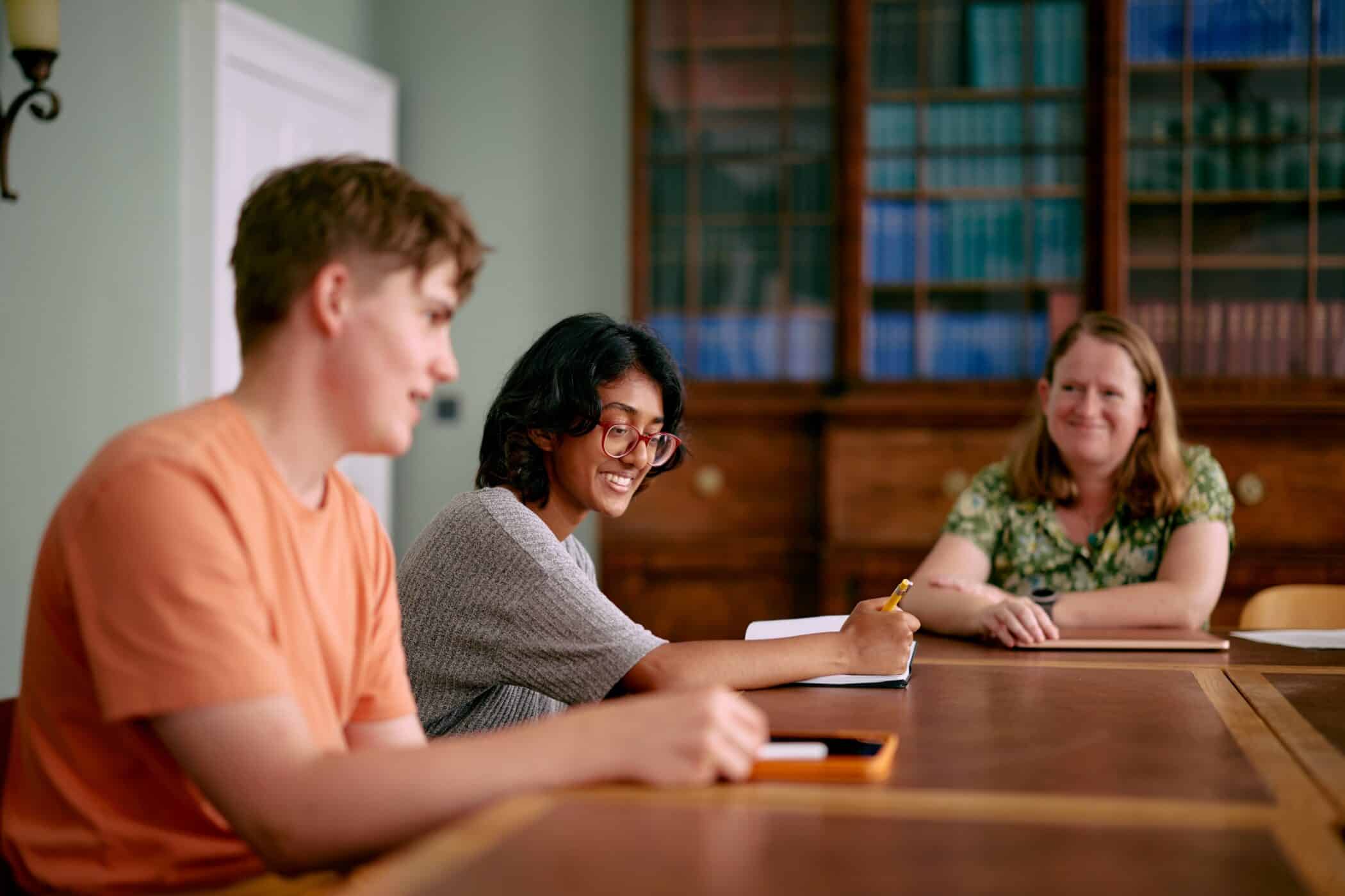Everyone is welcome at Worcester, whatever their background, education or experience. We work alongside young people, teachers and families to support students from backgrounds under-represented at Oxford: whether it’s raising aspirations about Higher Education, or helping them make a successful application to the University.
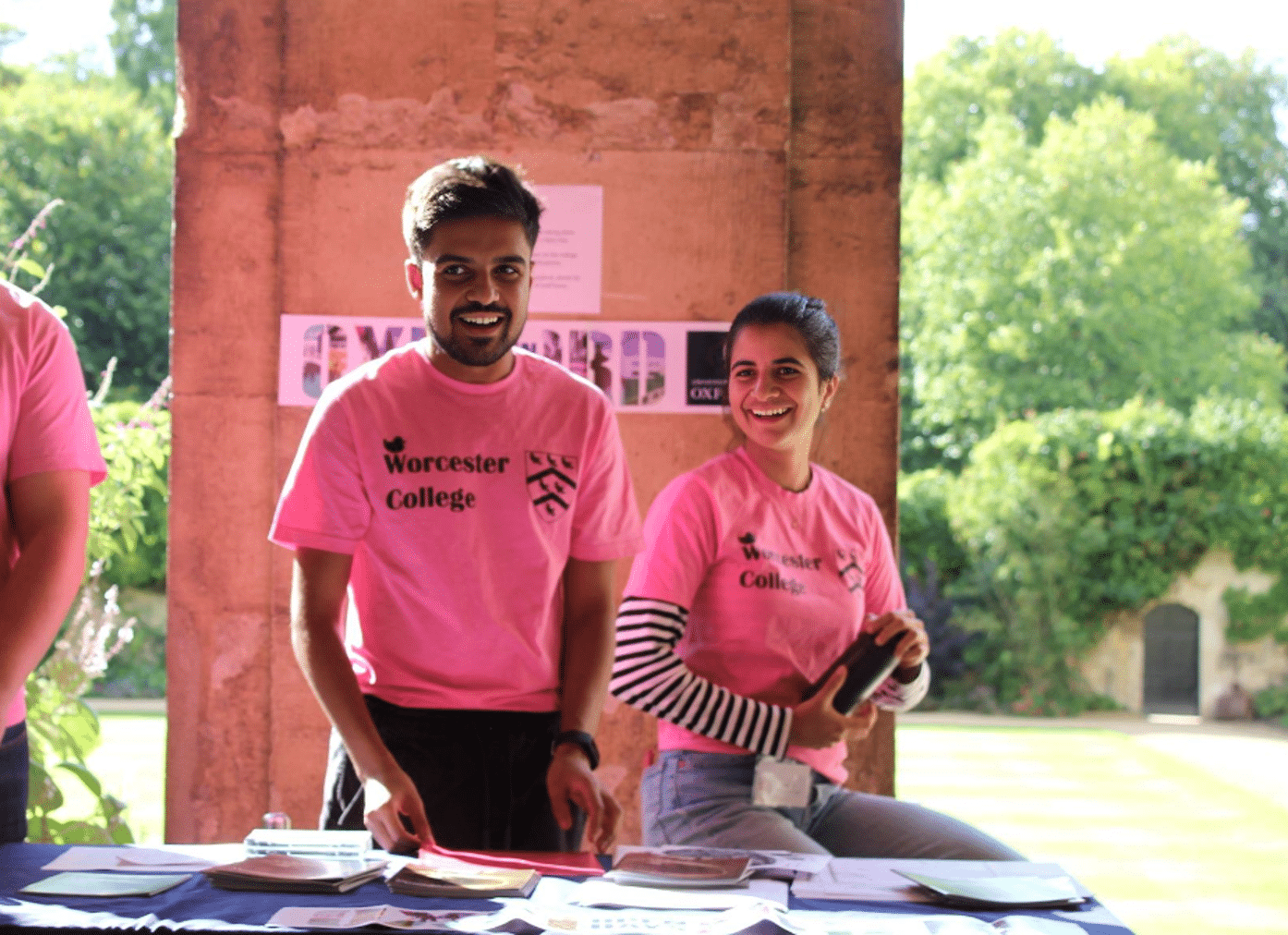

We believe that the education we offer should be available and accessible to all with the ability and potential to benefit from it. We champion equality of opportunity and access to the University for the most academically able students, and work with teachers and potential applicants to enable young people with a passion for learning to make informed choices about their futures.
Between 2021 and 2023, 85.7% of our successful UK applicants were educated at state schools – the second highest intake in the University. Almost a quarter of our successful UK applicants were admitted from less advantaged areas (ACORN categories 4, 5, 6) and areas with low progression to higher education (POLAR quintiles 1 and 2), while 30% had Black, Asian or Minority Ethnic heritage.
We believe that this diversity is reflected in our academic excellence. We continue to seek to raise aspiration and ambition among groups that are currently under-represented at high-tariff universities, and select the very best applicants based on academic potential, regardless of their ethnic, social, religious or educational background. To do this we offer a range of formal and informal engagement and outreach activities, including school visits, College-based residentials, and University and online events. These activities are designed to give pupils an opportunity to learn more about university life, and we are particularly keen to encourage those with little or no experience of sending applicants to Oxford.
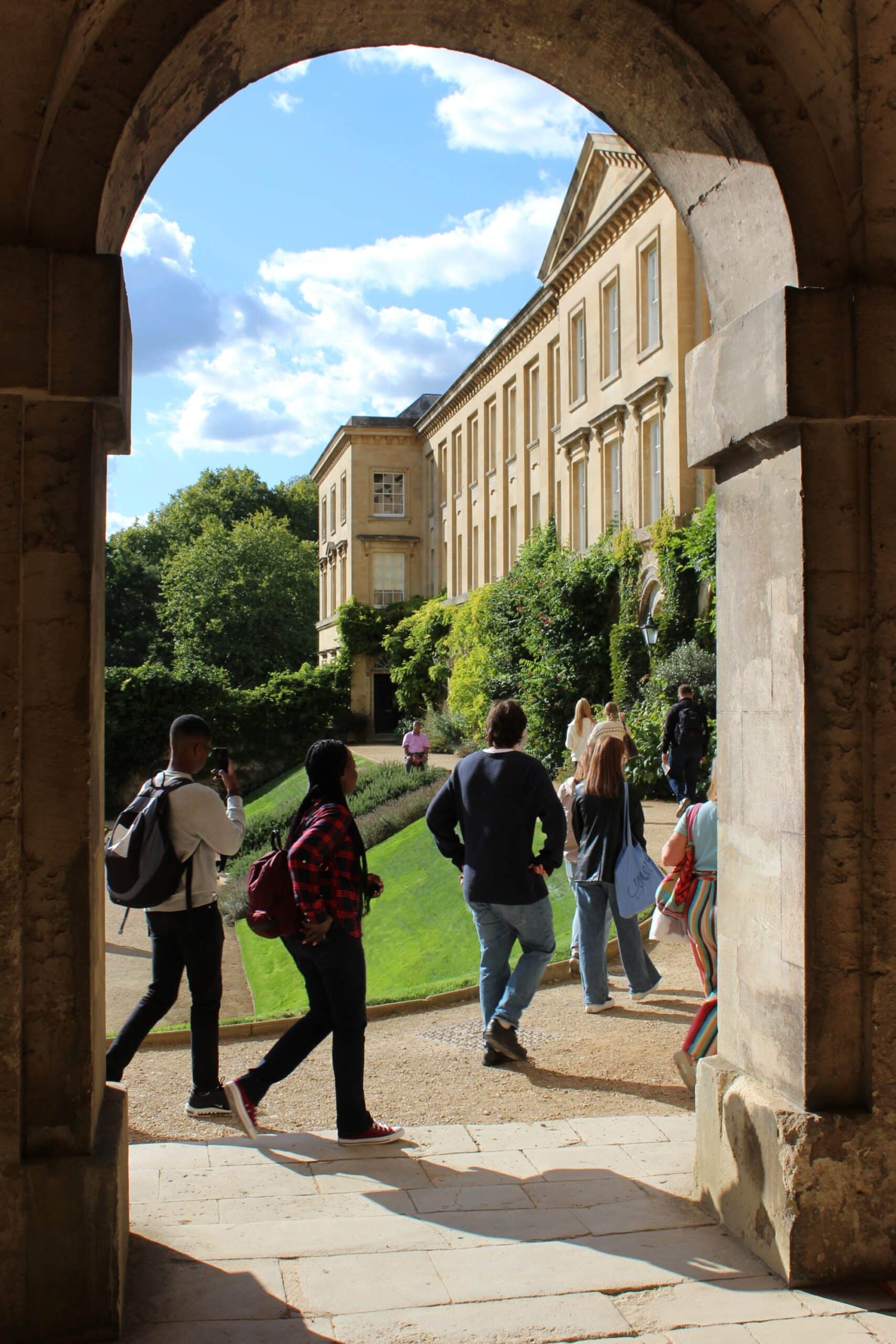

Visit Oxford
Are you a teacher or advisor in West Yorkshire? Find out more about what we offer to visiting school groups and how to book one of our events for your students.
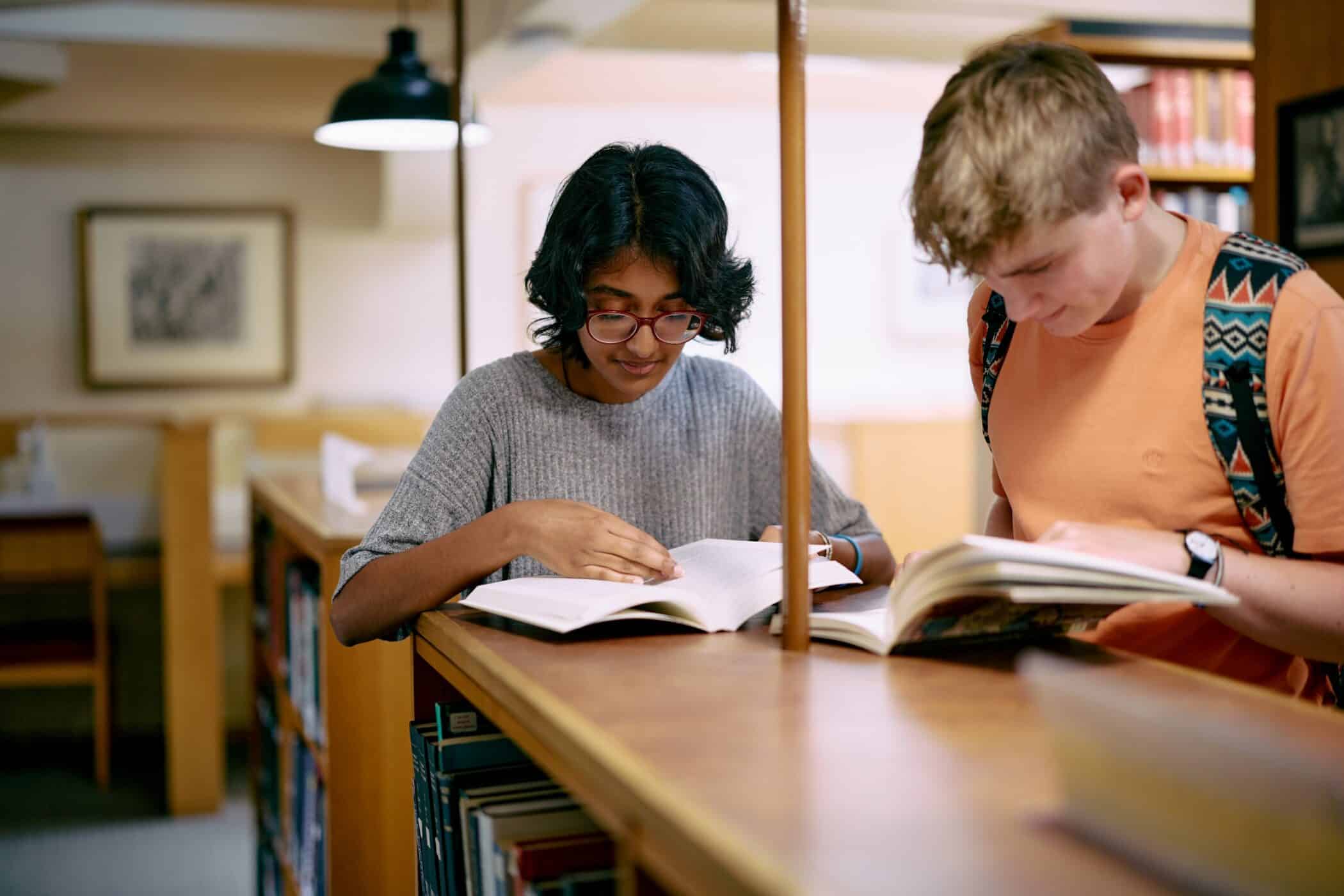

Resources for applicants
What’s the best way to read more about your favourite subject? How can you demonstrate your enthusiasm in your personal statement? Explore our resources for prospective applicants and their supporters.
Upcoming events











